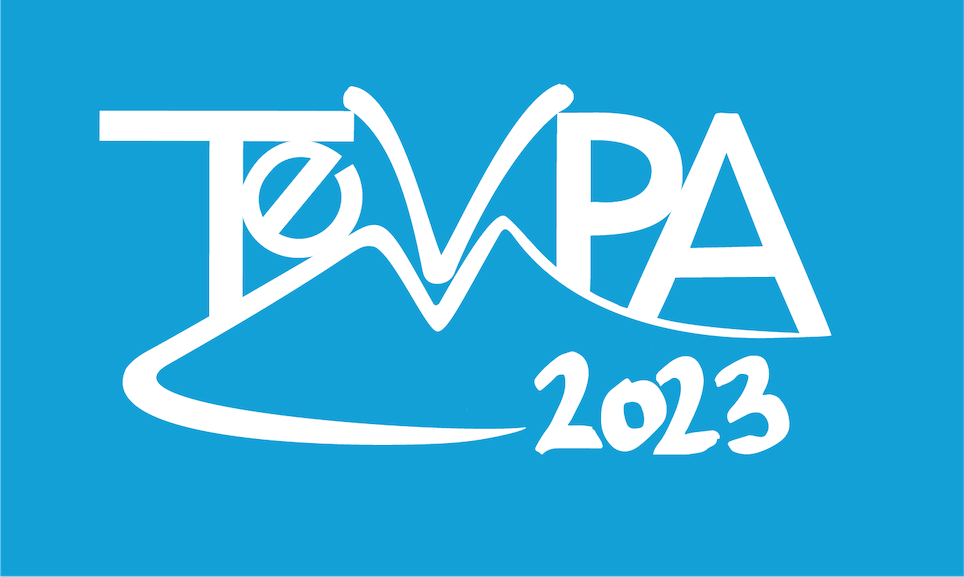Speaker
Description
In the hunt for new physics phenomena, such as dark matter, it is
crucial to compare experimental data to theoretical models. During this
step, the most likely values of the model’s parameters — such as particle
masses and cross sections — are inferred. However, a rigorous statistical
treatment of such an inference is oftentimes not practically feasible with-
out making significant simplifying assumptions. In many cases, this may
dramatically decrease the sensitivity and reliability of the inference anal-
ysis. Recently, new inference techniques based on machine learning have
emerged to help overcome these limitations. In particular, “Neural Ratio
Estimation” (NRE) stands out with its reported accuracy and efficiency.
NRE achieves such success by avoiding explicit integration or optimiza-
tion over large parameter spaces, which are typical in traditional inference
techniques. Instead, in NRE, a neural network is trained to distinguish
between the likely and the unlikely parameter values of any given observa-
tion. The training set consists of model simulations, which implicitly con-
tain the necessary information for an inference. In this contribution, I will
discuss how NRE, and some of its variants, can be applied to problems in
gamma-ray astroparticle physics. Its applications in forward-folding prob-
lems and the inclusion of nuisance parameters will also be addressed. In
particular, I will apply NRE to the search for Axion-like particles (ALPs)
with the upcoming Cherenkov Telescope Array (CTA). This analysis is
particularly relevant, because ALPs are popular dark matter candidates,
whose detection (or exclusion) in gamma-ray observations is especially
difficult using conventional inference techniques.

